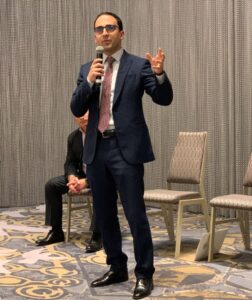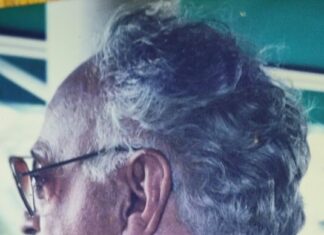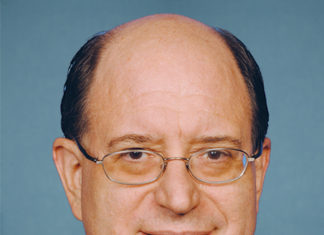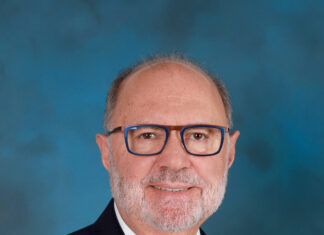By Ivy Scott
NORTH BILLERICA, Mass. (Boston Globe) — Chris hadn’t always been much of a talker, particularly around people he didn’t know, and especially in jail.
But sitting opposite a local police chief and a former town manager in the gym of the Middlesex County Jail, he decided to take the risk of opening up, and watched their faces fix on his, smiling and without judgment.
“I’ve always been an introverted person, but I talked and listened to a town manager and a police officer for 35 minutes and nobody was better than anybody,” he said. “They ain’t better than I am, I ain’t better than they are, we’re all the same.”
This fall, Chris was one of 23 people to participate in the Massachusetts launch of the Frederick Douglass Project for Justice, an initiative to destigmatize incarceration already active in seven other states around the country. The Project, founded by Georgetown law professor Marc Howard in 2019, brings business, political, and religious leaders together with roughly a dozen inmates for weeks of candid conversation, focused not on criminal justice reform or public policy, but just about life.
Douglass, a prominent 19th-century abolitionist, escaped from slavery in Maryland and went on to advocate fiercely for the rights of freed slaves. A longtime Massachusetts resident, Douglass made it his mission to dismantle stereotypes that Black Americans were intellectually inferior to whites, and incapable of contributing to society outside of forced labor.









